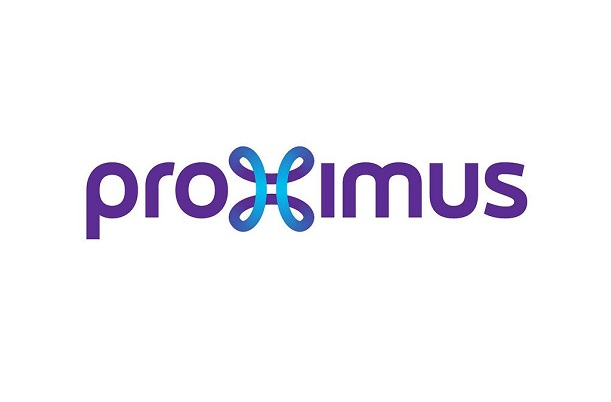Proximus is dramatically extending the coverage of its LoRa network, with new hardware set to be deployed by IoT player Kerlink.
The vendor helped the Belgian operator launch its LoRa network in 2015 by deploying 130 of its Wirnet Stations. By the end of this year, Proximus’s footprint is set to increase by more than fivefold with over 1,000 Kerlink stations rolled out.
The stations provide carrier grade, long-range, two way and geolocation ready connectivity, Kerlink said.
Joke Tisaun, Proximus IoT Product Manager, said: “This new IoT network has already stimulated innovations and opened the door to new business models. This is the case for some interesting applications we support today, like measuring the fullness of glass containers in order to optimise pick-up routes and enhance customer experience.
“In addition, we launched a project with the biggest gas supplier in Belgium, where we will monitor the gas tanks of people in their homes, to improve the service they can offer to their end-customers.”
The operator has recently demonstrated how LoRa can enable industrial companies to optimise energy consumption. Tisuan added: ““For that purpose, sensors monitor the temperature, humidity, light and opening of doors, and send this information, almost in real-time. This ensures higher reliability, and improves management efficiency.”
Alex Thomas, IoT Program Manager for Proximus, said: “Launching a cell-densification project in a short time after starting the deployment of our LoRaWAN network in Belgium is testimony to the positive reception and increasing use of the network by our customers.”
Rival Orange Belgium has differed from its rival by choosing NB-IoT to power its Internet of Things network. Last month CTO Gabriel Flichy said it had chosen the technology because of a need to offer market differentiation and of the strength of its LTE network.



